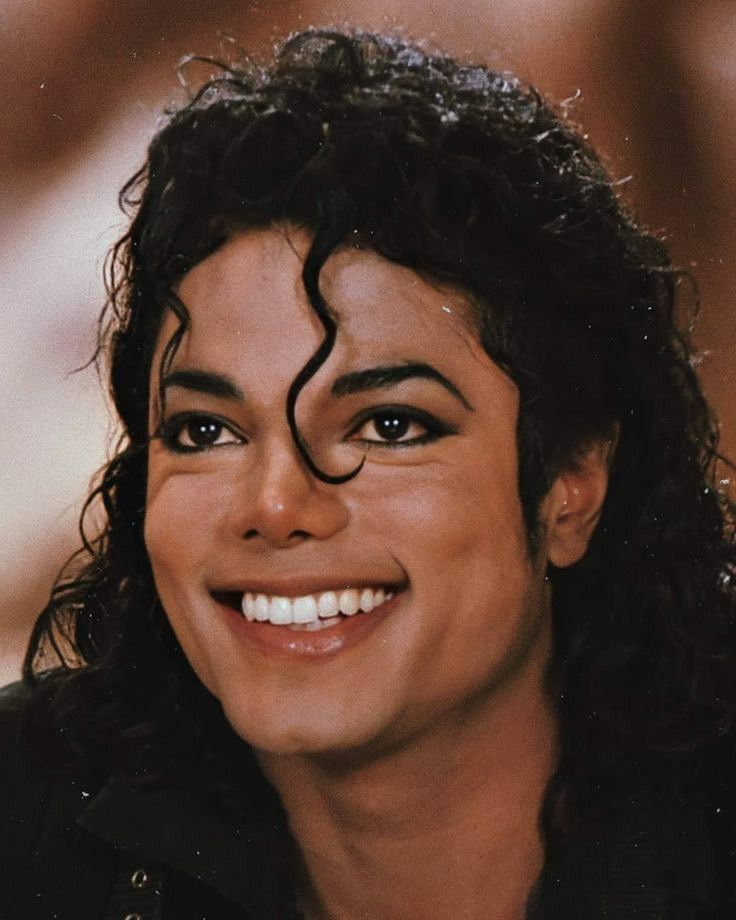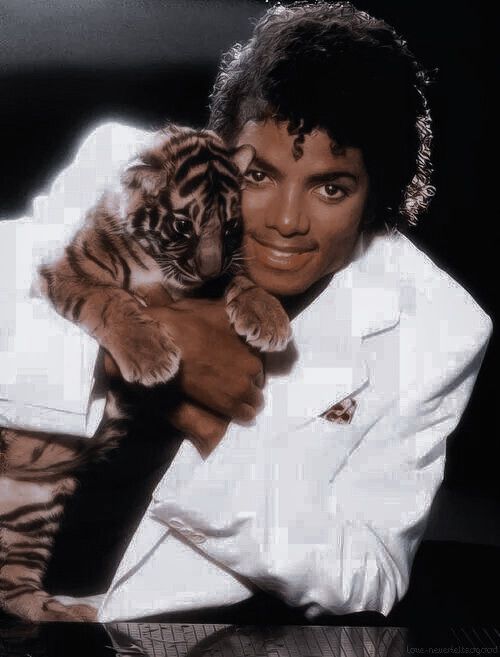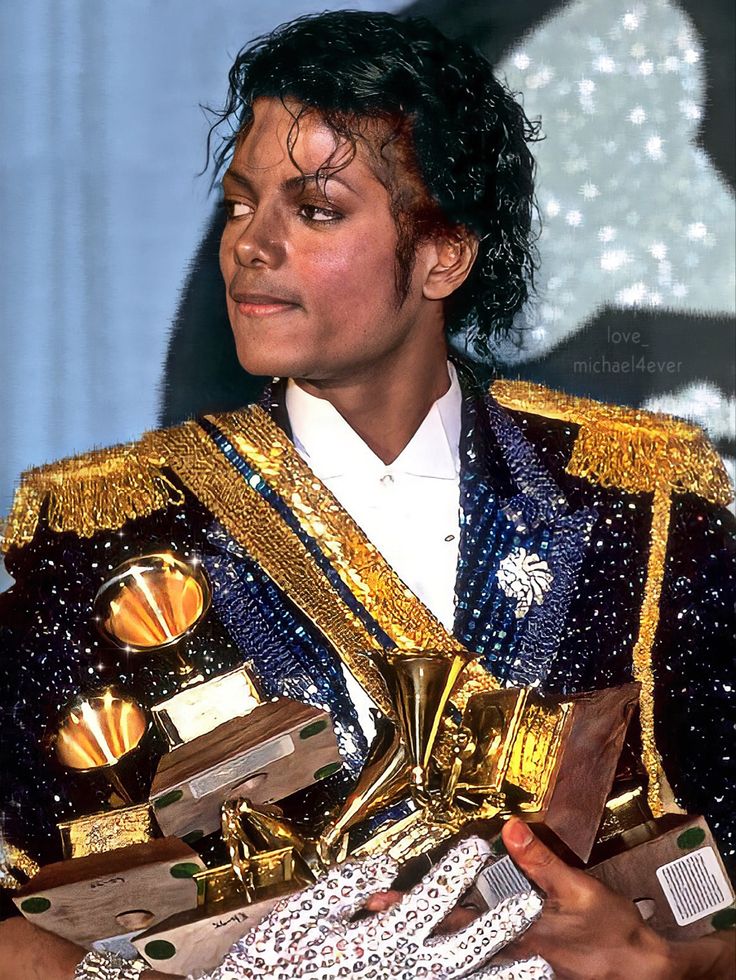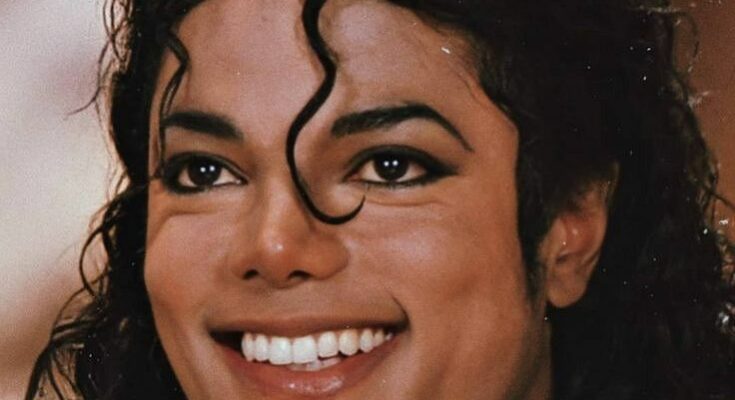The death of Michael Jackson, one of the most iconic and influential figures in the history of popular music, shocked the world on June 25, 2009.

Jackson, often referred to as the “King of Pop,” was just 50 years old when he passed away unexpectedly at his home in Los Angeles, California. His death marked the end of a career that spanned over four decades and saw him achieve unprecedented fame, influence, and success. But it also raised questions about his health, his lifestyle, and the events that led up to his untimely demise.
Michael Jackson’s Legacy
Before his death, Michael Jackson had already cemented his status as a cultural phenomenon. He was a groundbreaking artist whose music, dancing, and innovative music videos transformed the entertainment industry. Jackson’s career began at a young age as part of the Jackson 5, a Motown group formed with his brothers. However, it was his solo career that catapulted him to global superstardom, particularly with the release of Thriller in 1982, which remains the best-selling album of all time. Hits like “Billie Jean,” “Beat It,” and the title track “Thriller” redefined the pop genre and made Jackson a household name worldwide.

His success went beyond music—he became a symbol of fame, style, and social change. With his unique blend of music, fashion, and dance, Jackson was able to break down racial barriers in the music industry. His contributions to music videos, especially the revolutionary visuals for songs like “Thriller” and “Smooth Criminal,” also changed the way the world viewed the art form. Jackson’s signature dance moves, including the moonwalk, became iconic parts of his public persona.
However, despite his immense success, Jackson’s life was marked by personal struggles, controversies, and legal battles, which ultimately cast a shadow over his later years. His eccentric lifestyle, changing appearance, and the public’s insatiable scrutiny of his private life created a complex and sometimes contradictory image. Despite all this, Jackson remained one of the most influential and beloved musicians in the world.
The Events Leading Up to His Death
In the years leading up to Michael Jackson’s death, his personal and professional life had become increasingly turbulent. Jackson had gone through a highly publicized trial in 2005, where he was acquitted of charges of child molestation. The media’s obsession with his personal life, combined with his increasingly erratic behavior, painted a picture of a man who was battling inner demons.

In the months before his death, Jackson had announced a comeback with a series of concerts in London, dubbed the “This Is It” tour. The shows were scheduled for the summer of 2009 and were meant to be a grand return to the stage after several years of absence from live performances. Jackson seemed determined to make a triumphant return to the limelight, and the excitement surrounding the tour was palpable. Tickets for the concerts sold out within minutes, and fans were eagerly anticipating his return.
However, reports indicated that Jackson was in poor health leading up to the announcement of the tour. Friends and colleagues expressed concern about his physical appearance and mental state. There were rumors about his use of prescription medications, particularly painkillers, which Jackson had reportedly been using for years to manage pain from previous injuries and medical conditions. In the days before his death, Jackson had been rehearsing for his “This Is It” concerts, but many described him as frail, tired, and not in the best physical condition.
The Day of Michael Jackson’s Death
On the afternoon of June 25, 2009, Michael Jackson was found unconscious at his home in the Holmby Hills neighborhood of Los Angeles. His personal physician, Dr. Conrad Murray, was with him at the time and immediately attempted to revive him. Murray administered CPR and called 911 for emergency help. When paramedics arrived at the scene, they rushed Jackson to the Ronald Reagan UCLA Medical Center in Los Angeles.

Despite their efforts, Michael Jackson was pronounced dead at 2:26 p.m. local time. The news of his death spread quickly, and fans around the world were left in shock and disbelief. The suddenness of his passing, combined with the years of media scrutiny he had endured, made it a deeply tragic moment for millions of people who had grown up with his music.
The Aftermath: Investigation and Legal Proceedings
In the wake of Michael Jackson’s death, the public began to demand answers. His death was ruled as a homicide, with the cause being acute propofol and benzodiazepine intoxication. Propofol is a powerful anesthetic that is typically used in medical settings for surgical procedures, but it was reportedly administered to Jackson by Dr. Conrad Murray as a sleep aid. Murray’s use of propofol, along with other sedatives, was found to have contributed directly to Jackson’s death.

Dr. Murray, who had been hired by Jackson to serve as his personal physician, was arrested and charged with involuntary manslaughter. The investigation revealed that Murray had failed to properly monitor Jackson’s health, administer the drugs safely, and take appropriate action when Jackson stopped breathing. During his trial, it was revealed that Murray had administered a dose of propofol in Jackson’s bedroom, and the doctor had left Jackson unattended for a period of time, which directly led to the fatal overdose.
In 2011, Dr. Conrad Murray was found guilty of involuntary manslaughter for his role in Jackson’s death. He was sentenced to four years in prison and served two years before being released on parole. Murray’s conviction highlighted the dangerous consequences of over-relying on prescription medications and the responsibility doctors have to ensure their patients’ well-being.
Global Grief and Mourning
Michael Jackson’s death was met with an outpouring of grief from fans, celebrities, and the music industry worldwide. Vigils were held across the globe, and tributes poured in from people of all ages, backgrounds, and nationalities. The news of his passing reverberated through social media, television, and radio, as people expressed their sorrow and admiration for the artist. His influence on music, dance, and pop culture had been so profound that his death felt like the end of an era.

Jackson’s memorial service, held on July 7, 2009, at the Staples Center in Los Angeles, was a global television event watched by millions. The ceremony featured performances from artists like Usher, Jennifer Hudson, and Stevie Wonder, as well as tributes from family members and friends. The service was emotional, with Jackson’s daughter, Paris Jackson, delivering a heartfelt tribute to her father.
The Enduring Impact of Michael Jackson
The death of Michael Jackson marked the end of a legendary career, but it also underscored the enduring impact of his contributions to music and culture. His music continues to live on through timeless hits like “Thriller,” “Bad,” “Black or White,” and “Man in the Mirror.” Jackson’s legacy as a performer, philanthropist, and cultural trailblazer remains undeniable.

Even after his passing, Jackson’s influence can be seen in the work of countless contemporary artists who cite him as an inspiration. His impact on music videos, live performances, and the global reach of pop music is immeasurable. Despite the controversies and legal battles that marred the latter part of his life, Michael Jackson is remembered not only for his music but also for his humanitarian efforts and his attempts to bridge cultural divides.
Michael Jackson’s death left a void in the world of entertainment, but his legacy continues to inspire future generations of artists. The King of Pop may have passed, but his music, his dance, and his influence remain as powerful as ever.



